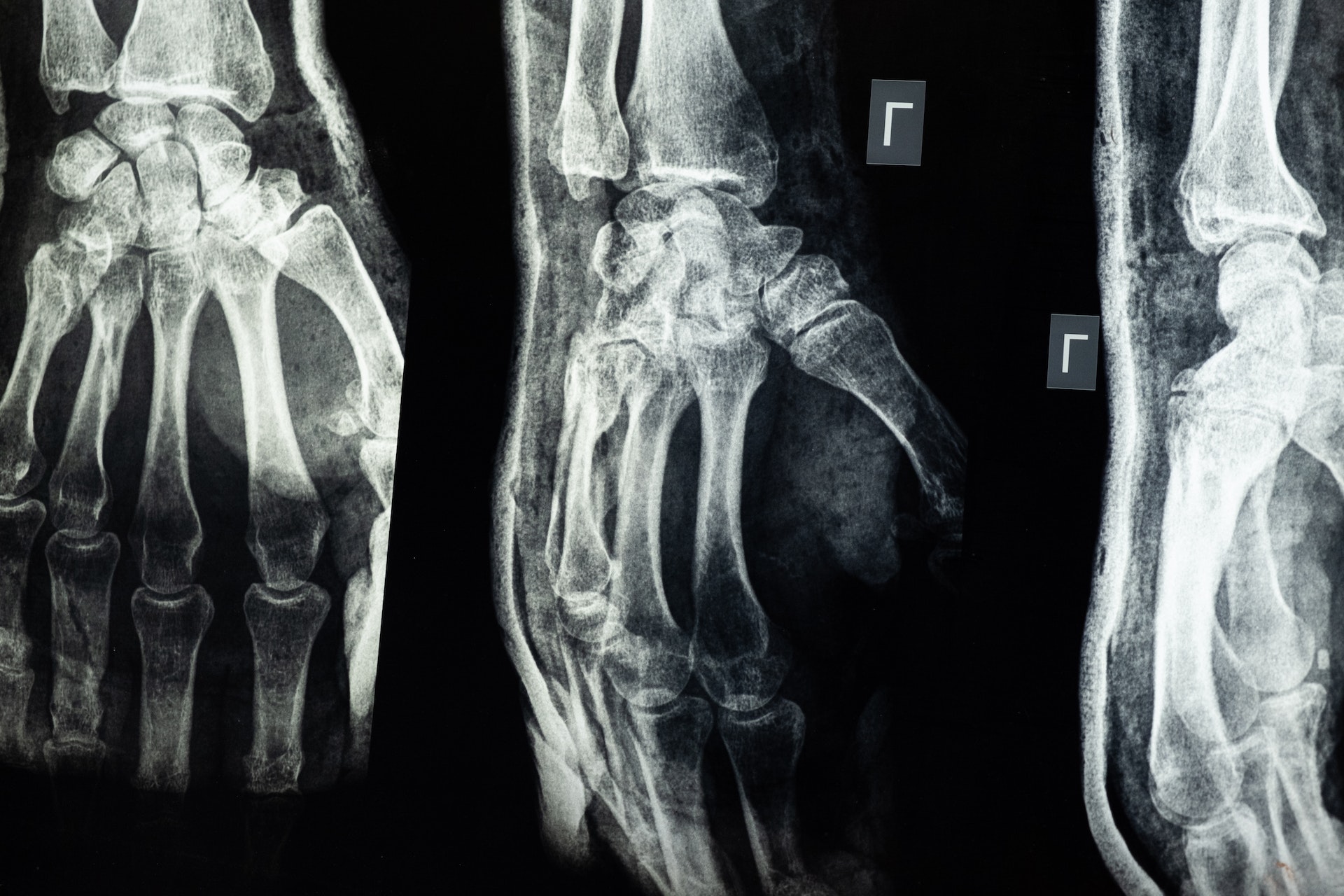
Filing a Premises Liability Claim
If you are injured on someone else’s property as a result of the property owner or manager’s negligence, then you may have grounds to file a premises liability claim. The most common types of premises liability claims involve slip-and-fall or trip-and-fall accidents. But how can you prove that a property owner was legally responsible for the injuries you suffered from slipping or tripping and falling on someone else’s property?
There are many factors that come into play. Did the owner of the premises or an employee of the owner cause the spill or dangerous condition that caused your fall? Did the property owner or manager know that a dangerous condition existed on the premises? Did the owner or manager take the necessary steps to fix the hazardous condition or warn visitors about the hazardous condition?
Types of Premises Liability Cases in Nevada
Premises liability cases in Nevada can arise in a wide variety of situations, including slip and fall accidents, dog bites, swimming pool accidents, and negligent security cases. Some of the most common types of premises liability cases in Nevada include:
Slip and fall accidents
Slip and fall accidents are one of the most common types of premises liability cases in Nevada. These accidents can occur as a result of wet or slippery floors, uneven surfaces, or other hazards that the property owner or occupier failed to address.
Dog bites
Dog bites are another common type of premises liability case in Nevada. Property owners or occupiers who allow dangerous dogs to roam freely on their property may be held liable for injuries or damages that occur as a result of a dog bite.
Swimming pool accidents
Property owners or occupiers who have swimming pools on their property have a duty to ensure that the pool is safe for visitors and guests. This includes installing proper fencing and signage, and taking other measures to prevent drowning and other accidents.
Negligent security cases
Property owners or occupiers who fail to provide adequate security measures may be held liable for injuries or damages that occur as a result of a crime or other incident on their property. This includes cases involving assaults, robberies, and other crimes.
Elements of a Premises Liability Claim in Nevada
In order to establish a premises liability claim in Nevada, the plaintiff must prove four elements:
Duty
The property owner or occupier had a duty to ensure that the property was safe for visitors and guests.
Breach
The property owner or occupier breached their duty by failing to take reasonable steps to address a known hazard or danger.
Causation
The breach of duty was the direct cause of the plaintiff’s injuries or damages.
Damages
The plaintiff suffered actual damages as a result of the breach of duty.
Defenses to Premises Liability Claims in Nevada
There are several defenses that may be raised in response to a premises liability claim in Nevada. Some of the most common defenses include:
Comparative negligence
The defendant may argue that the plaintiff was partially responsible for their injuries or damages, and therefore should be held partially liable for their own losses.
Assumption of risk
The defendant may argue that the plaintiff was aware of the hazard or danger on the property, and voluntarily assumed the risk of injury or damage.
Open and obvious hazards
The defendant may argue that the hazard or danger was open and obvious, and that a reasonable person would have been aware of the danger and taken steps to avoid it.
Lack of notice
The defendant may argue that they were not aware of the hazard or danger on the property, and therefore should not be held liable for any injuries or damages that occurred as a result.
Slip-and-fall accidents can result in serious injuries such as broken bones, head injuries, and back injuries. If the accident was caused by the property owner’s negligence, you may seek compensation for damages such as medical expenses, loss of earnings, physical therapy, pain and suffering and emotional distress. To find out if you have a premises liability claim, please contact the Las Vegas slip and fall accident attorneys at Shook & Stone at 702-570-0000 for a no-cost consultation.
 Sunny
Sunny Nevada Workers’ Rights: How to Determine if your Injury or Illness is Work-Related
Nevada Workers’ Rights: How to Determine if your Injury or Illness is Work-Related 